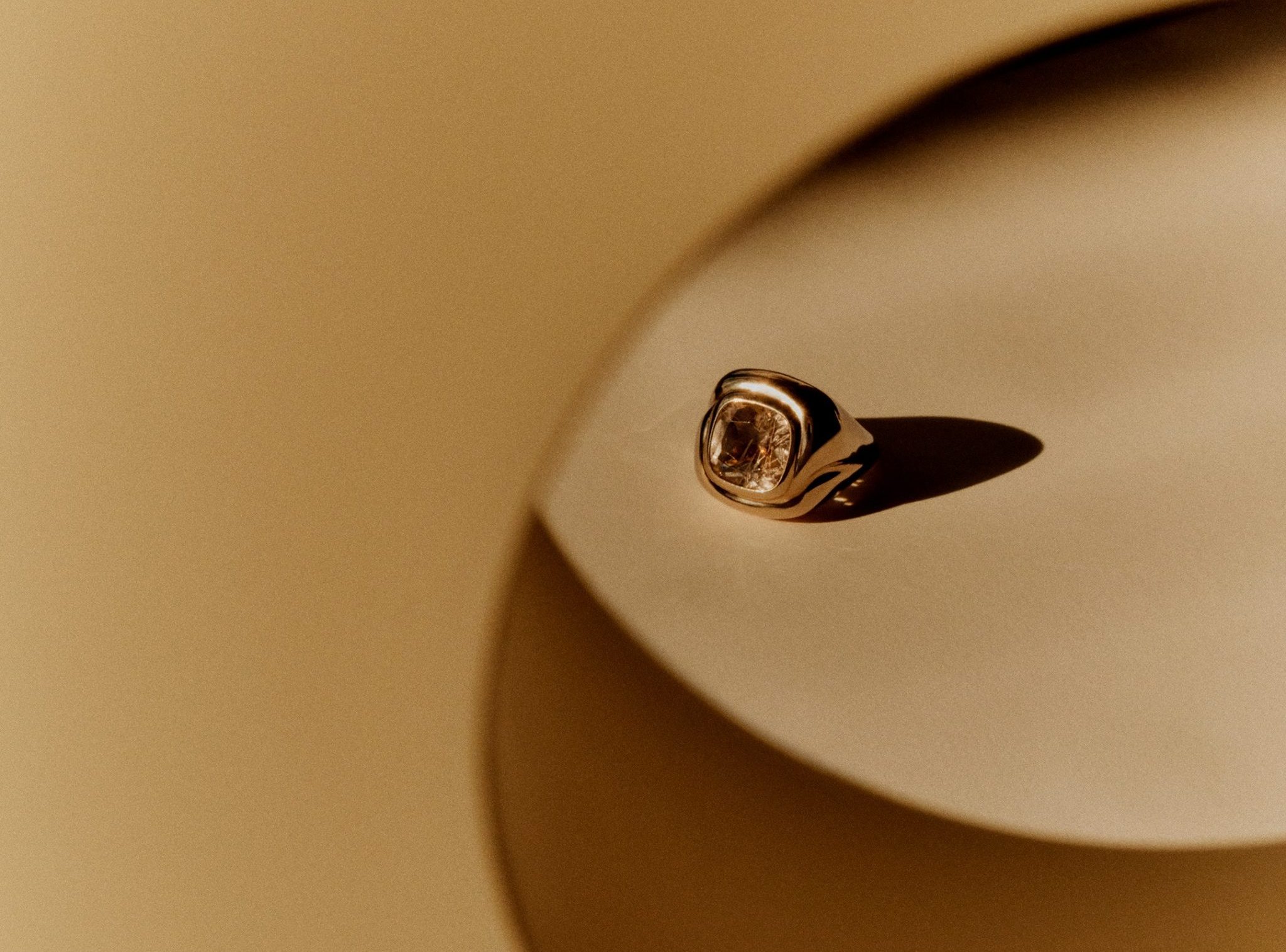For his first feature film, The Brazilian Madiano Marcheti wanted to focus on a terribly alarming reality: the murders perpetrated against trans people in his country. In Brazil, the life expectancy of a trans person is 35 years, a statistic that suggests the impunity that exists in relation to homicides due to hate crimes from which the trans collective suffers. According to the Brazilian National Association of Transvestites and Transsexuals (ANTRA), 140 trans people were killed in 2021a figure that places the South American giant as one of the countries in which being trans means being at constant risk of death.

Marcheti therefore wanted to address this situation in ‘Madalena’, presented in the Official Selection of the Rotterdam Film Festival. Really, what the director explores, rather than the crime itself, is the consequences it leaves behinddividing the film into three stories, following a pattern reminiscent of that of González Iñárritu in ‘Amores perros’ and ‘Babel’. Its protagonists are a neighbor that she lived with the deceased in the neighborhood -and that both had the same landlady-; son of a prominent politician and owner of a soybean field, where the body of the murdered woman appears, and a close friend of the victimwho must collect everything that is left in the apartment of the deceased.
Madalena, in fact, is the absent protagonist, whose story remains in eternal limbo, since Marcheti, who also signs the screenplay together with Tiago Coelho, Thiago Gallego and Thiago Ortman, He chooses to highlight the environment and the consequences of the crime, which remains unsolved, like so many others who suffer from transgender people. and that, detailing the statistics, 95% of them are trans women and, of these, 78% are women who have practiced prostitution, as detailed by ANTRA.

A film whose social denunciation is conspicuous by its absence
And this is where you see the missed opportunity. Although the film has the name of the murdered woman as its title, this ends up being a simple Macguffin making a portrait of the daily life of the federal state of Mato Grosso do Sul, because Madalena’s life is not even explored. This, of course, it causes Marcheti’s proposal to fall short of what it is supposed to denounce. Although it is assumed that the director had good intentions, they cannot even be seen.

Then the division by episodes becomes simply a contemplative exercise of life in Mato Grosso do Sul. In that sense, it’s a decent enough job, thanks to the careful photography by Tiago Rios and Guilherme Tostes, whose green tones give the film an aura of magical realism.
However, That doesn’t mean that “Madalena” is too different from what its original premise is supposed to be. It does not leave the sensation of being a cinema of denunciation and the reality of the group that it is supposed to try to reflect remains a mere Macguffin, which can very well cause disappointment and a certain anger, especially after having seen other feature films much more committed to LGBT representation in the South American country, such as ‘Desierto particular’. A missed opportunity.
Note: 5
The best: His photography has the ability to create a certain atmosphere of magical realism.
Worse: Where is the denunciation against the reality that trans people suffer?
Source: E Cartelera
Bernice Bonaparte is an author and entertainment journalist who writes for The Fashion Vibes. With a passion for pop culture and a talent for staying up-to-date on the latest entertainment news, Bernice has become a trusted source for information on the entertainment industry.




